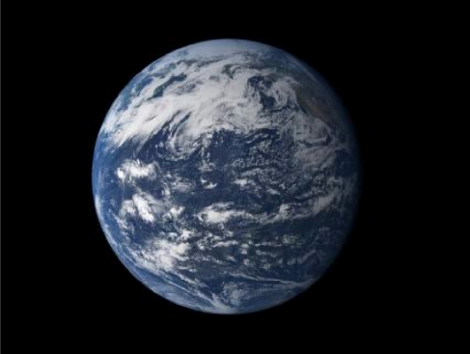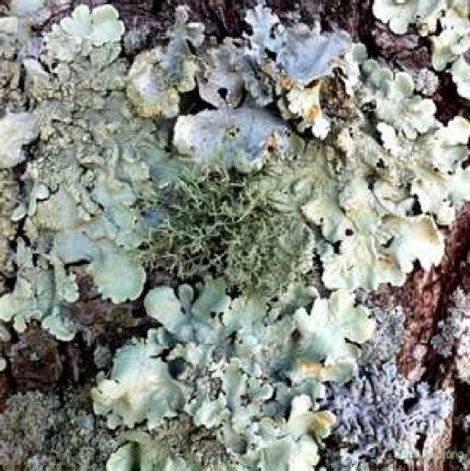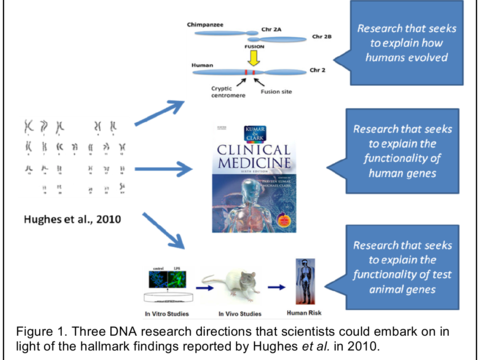Implication of Finding Noah's Ark
Even though Noah’s Ark has not been discovered yet, we have the Word of God that records in the Hebrew book of B’resheet (Genesis) that the Ark rested in the Mountains of Ararat. This emplacement implies an altitude high above the current sea level, the result of the catastrophic and universal Deluge, that in biblical chronology happened about 4400 years ago. This universal flood refaced the earth’s surface (mountains, oceans, rivers, valleys, caves, fossils, sedimentary layers, volcanoes, etc.). Furthermore, Noah, his seven family members, and pairs of land dwelling animals that were carried in the Ark survived the catastrophe. No water dwelling creatures or insects were included in God’s rescue venture.



